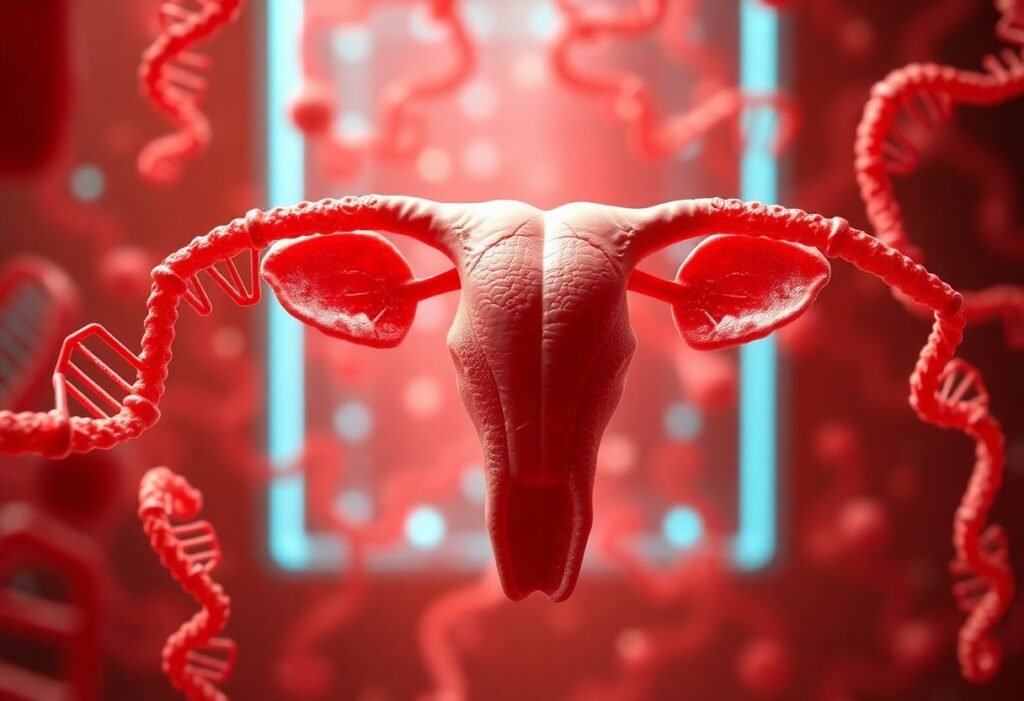Genetic engineering is paving the way for breakthroughs in reproductive health, marking a significant innovation in how we understand and improve human reproduction.
Understanding Genetic Engineering in Reproductive Health
Genetic engineering, an incredible biotechnology tool, allows scientists to modify organisms’ DNA, enabling us to enhance or correct certain genetic traits. In the realm of reproductive health, this technology opens doors to advanced therapies that address genetic disorders. For instance, techniques such as CRISPR-Cas9 have emerged as game-changers, offering precise modifications to embryos that could prevent hereditary diseases. By innovatively manipulating genetic codes, we are not only boosting the quality of life for countless individuals but also revolutionizing the future of family planning and reproductive autonomy.
Innovations in Gene Editing Techniques
The development of gene editing techniques has led to monumental changes in reproductive health. Technologies like CRISPR enable targeted alterations in genetic sequences, providing a pathway for correcting mutations responsible for inherited diseases. This precision dramatically increases the potential for couples facing genetic challenges to conceive healthy children. Furthermore, researchers are continuously exploring new methodologies, which promise to enhance the safety and efficiency of these processes. As awareness grows, the acceptance of genetic interventions in reproductive strategies is likely to rise, fostering a new era of informed childbirth.
The Role of Preimplantation Genetic Diagnosis
Preimplantation genetic diagnosis (PGD) plays a crucial role in reproductive health, particularly for couples at risk of passing on genetic disorders. PGD allows for screening embryos for specific genetic conditions prior to implantation during in vitro fertilization (IVF). The procedure not only increases the likelihood of a successful pregnancy but also significantly lowers the risk of inherited disorders, providing peace of mind for prospective parents. As genetic engineering continues to advance, PGD could evolve further, enhancing our understanding of human genetics and improving reproductive outcomes.
Ethical Considerations in Genetic Engineering
As we navigate the promising landscape of genetic engineering and reproductive health, ethical concerns emerge. Issues surrounding genetic modifications can stir up debates related to designer babies, consent, and the potential for socio-economic disparities in access to these technologies. It’s essential to strike a balance between innovation and ethical responsibility, ensuring that advancements in reproductive genetics do not compromise human dignity or exacerbate inequalities. Engaging in open dialogues about the ethics of gene editing can help society find a path that honors both scientific progress and moral integrity.
Future Prospects and Innovations
Looking ahead, the prospects of genetic engineering in reproductive health remain bright. Continuous investments in research and technology promise to enhance the precision and efficacy of gene editing techniques. Innovations may soon allow for non-invasive prenatal testing that could analyze fetal DNA through maternal blood samples, leading to safer practices in identifying genetic challenges early in pregnancy. Furthermore, collaborations between researchers, healthcare providers, and policymakers will be critical in establishing regulations that guide the responsible use of genetic engineering in reproductive health, ensuring these advancements are accessible and ethically sound.
Societal Impact and Accessibility
The societal impact of genetic engineering on reproductive health is profound. As knowledge expands, understanding these technologies becomes essential for potential parents, healthcare professionals, and policymakers alike. Accessibility to genetic testing and treatments can help address health disparities and empower individuals with choices regarding their reproductive futures. Public education initiatives that demystify genetic engineering can lead to greater acceptance and informed decision-making among diverse populations, making the benefits of these advancements truly universal.
Disclaimer: The information provided in this article is for informational purposes only and should not be considered medical advice.





















